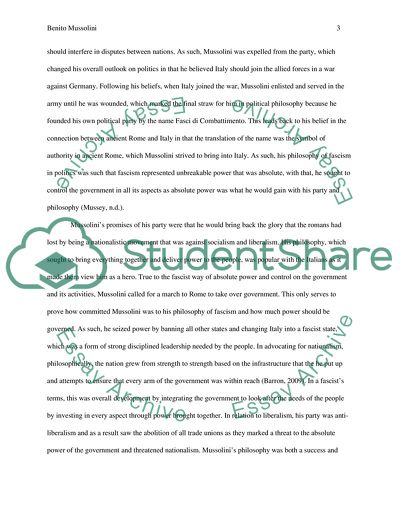Cite this document
(Benito Mussolini Essay Example | Topics and Well Written Essays - 1750 words, n.d.)
Benito Mussolini Essay Example | Topics and Well Written Essays - 1750 words. https://studentshare.org/history/1796561-benito-mussolini
Benito Mussolini Essay Example | Topics and Well Written Essays - 1750 words. https://studentshare.org/history/1796561-benito-mussolini
(Benito Mussolini Essay Example | Topics and Well Written Essays - 1750 Words)
Benito Mussolini Essay Example | Topics and Well Written Essays - 1750 Words. https://studentshare.org/history/1796561-benito-mussolini.
Benito Mussolini Essay Example | Topics and Well Written Essays - 1750 Words. https://studentshare.org/history/1796561-benito-mussolini.
“Benito Mussolini Essay Example | Topics and Well Written Essays - 1750 Words”. https://studentshare.org/history/1796561-benito-mussolini.


